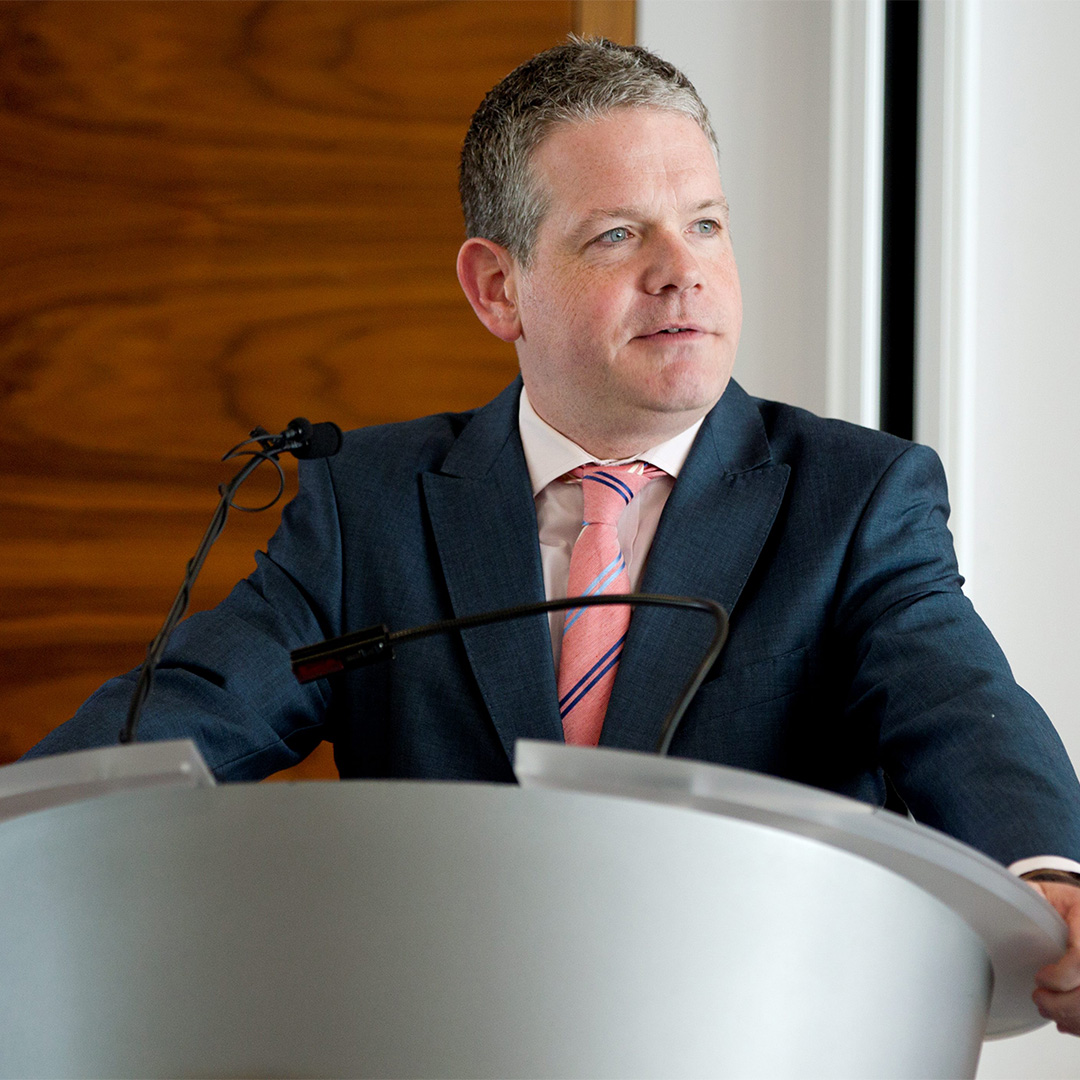Pic: Rees-Mogg is lying
When a vocal supporter of Tony Blair (there are very few of us left in the open) says Jacob Rees-Mogg is right, you know the world has turned upside down (or my friend knows how to write an attention-grabbing headline).
Spoiler alert, Rees-Mogg is not right.
The government efficiencies and Brexit opportunities minister’s ham-fisted efforts to lure civil servants back to the office are plain stupid in practical terms above all else. If the Whitehall official is not at the desk, pinning a note there is hardly the best place to grab their attention.
They might also be in a meeting down the corridor or in another building, at lunch (spending money in the town centre) or a medical appointment. More to the point, many Government departments and agencies operate hot desking policies where staff do not have their own desk, not least as there are not enough to go around.
Rees-Mogg seems to be driven by ensuring government property is occupied, so the Crown Estate is not deemed wasteful. Is the answer to artificially fill the desks or drastically reconfigure what workspaces are needed in a modern civil service, including where in the country those spaces are best located (not necessarily 70 Whitehall)?
Last year, Colmore BID published the findings of its Future Business District study that was developed in response to lockdown. In the project I led with Mike Best from Turley, we looked at the impact of COVID measures and the supercharging effect they were having on underlying factors such as technology and automation, sustainability and inclusion.
I was partly driven to start the research by comments from some business leaders and politicians that I termed the ‘Save our Prets’ approach. Here’s what Mike and I said in our Introduction to the final report:
“Returning people to city centres and attracting more businesses, professionals and visitors to our business district should not be an instruction or request but a compelling proposition.”
In other words, pull not push.
Offices, business districts and city centres are the best places for collaboration, innovation and enterprise given all the agglomeration or proximity benefits. COVID has increased the focus on collaboration, agility and flexibility. Workspaces are increasingly less about desk farms but infrastructure that fuels productivity as well as access to the wider environment offering culture, hospitality and open spaces.
We know that work can be done effectively at home or other non-office locations. As Frank mentions, hybrid will be the solution for many businesses, mixing the benefits of home working (focussed time to read, write reports or deal with email catch up and admin, along with fitting in more exercise and a school run) and office time (mentoring staff, creative meetings, business development, accessing culture and enjoying great hospitality with colleagues and clients).
Businesses may reduce property expenditure and workers could reduce commuting time and costs.
In The Space Between we said that the Future Business District will need more active curation, to harness hybrid and to open, diversify and grow the area as people work more flexibly.
Of course, different factors apply in the public sector. I would suggest, though, that many of the issues putting the Passport Office and DVLA in the headlines are down to poor IT systems that couldn’t cope with virtual working.
I would hazard a guess that processing jobs do not all need to be permanently located in offices if the IT functions. Not only would that reduce property costs, but it would also open up job opportunities to people across the country who are currently denied by poor transport links or childcare responsibilities.
As Mike remarked during our research, some people in back office functions are ‘tupperware commuters.’ They’re not public or client facing, not spending theirs or company money in bars and restaurants and might bring in sandwiches rather than spending in Pret. Is there any benefit tying them to an expensive desk five days-a-week?
However, it’s not right that full London weighting is paid to workers who now have hybrid working agreements. Just as staff should be assisted with energy and broadband costs for homeworking, they should not be subsidised for trips they are not making.
There are no black and white answers. Five days in an office will work for some employers, home working for others and hybrid for many in between. Let’s not pretend there is a one-size-fits-all right and wrong.
Work is not a place, it’s an activity. We should avoid going forcing or encouraging presenteeism and concerns ourselves far more with productivity.
Kevin Johnson is MD of strategic communications firm Urban Communications and acted as Project Director for Colmore BID’s Future Business District.
PS. Readers might note I chose to respond to Frank’s new allegiances to the Hon. Member for the 18th Century rather than his claims for several Everton penalties. It’s not polite to kick a man (or club) when he’s down.






